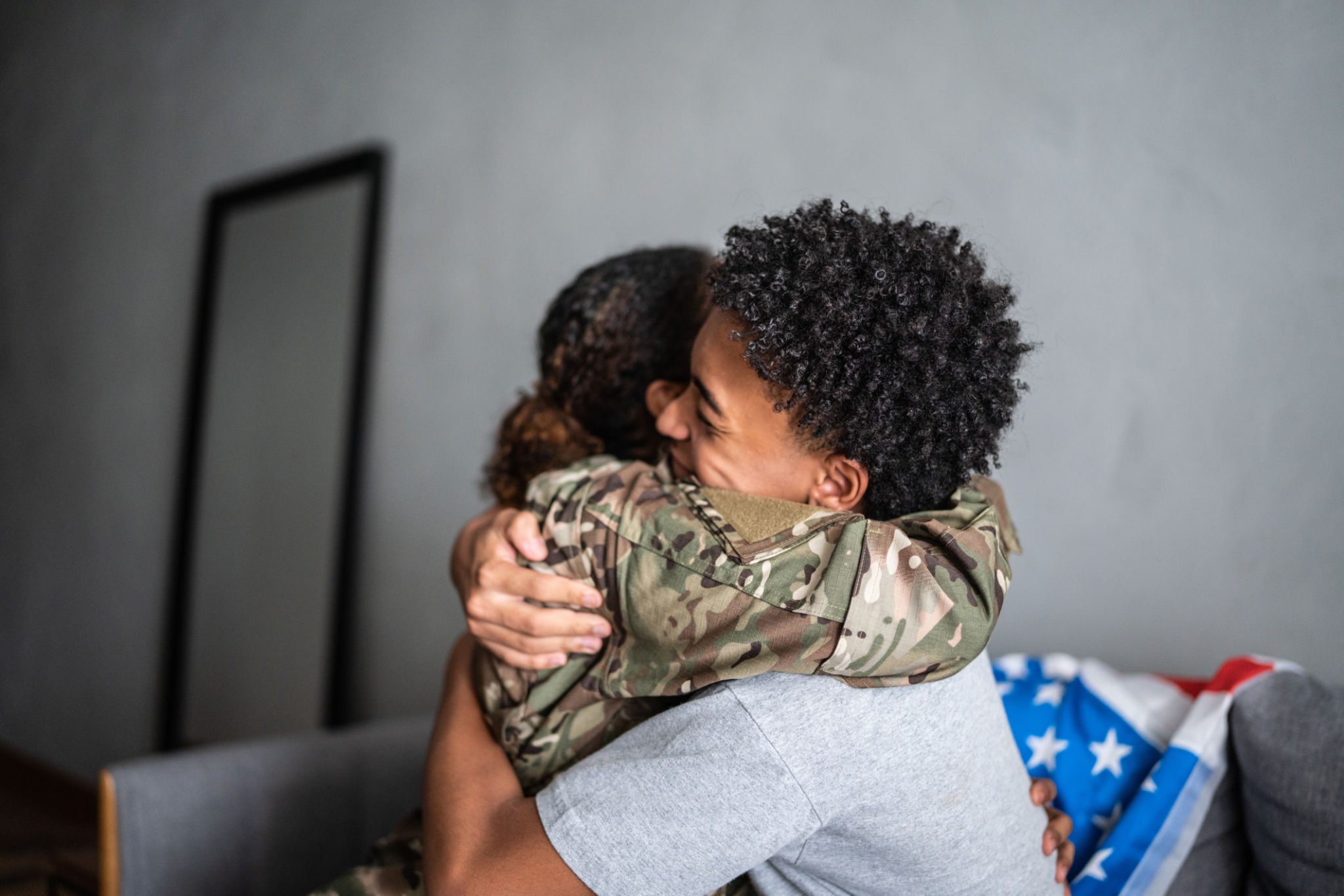The Role of Nonprofits in Supporting Veterans: A Focus on the Virgin Islands
Understanding the Challenges Faced by Veterans
The transition from military service to civilian life can be a challenging journey for veterans. They often face a myriad of issues, including finding employment, accessing healthcare, and dealing with physical and mental health challenges. In the Virgin Islands, where resources can be limited, these challenges can be even more pronounced. Nonprofits play a crucial role in bridging these gaps and providing much-needed support.
Nonprofits in the Virgin Islands offer a range of services to help veterans reintegrate into society. From job training programs to mental health services, these organizations provide essential resources that contribute to improving the quality of life for veterans. They also serve as advocates, raising awareness about the unique challenges faced by veterans in the region.

The Role of Nonprofits in Employment Support
One of the critical areas where nonprofits make a significant impact is in employment support. Many veterans possess valuable skills gained during their service, yet they often encounter difficulties translating these skills into civilian jobs. Nonprofits provide tailored job training programs and workshops designed to enhance employability and help veterans secure meaningful employment.
Furthermore, nonprofits often partner with local businesses to create job placement opportunities for veterans. These collaborations ensure that veterans have access to a network of employers who understand and value their unique skill sets. By facilitating these connections, nonprofits help veterans build successful careers post-service.

Addressing Mental Health Needs
Mental health remains a significant concern for many veterans, and accessing appropriate care can be challenging in the Virgin Islands. Nonprofits play an essential role in providing mental health support services, including counseling and therapy sessions tailored to the needs of veterans. These services are often offered at low or no cost, removing financial barriers to access.
In addition to direct services, nonprofits also work to reduce the stigma associated with seeking mental health support. By organizing community events and awareness campaigns, they foster an environment where veterans feel comfortable seeking help when needed. This proactive approach is vital in addressing the mental health needs of the veteran community.

Building Community and Support Networks
Creating a sense of community is another area where nonprofits excel. Through various initiatives, they provide platforms for veterans to connect with one another and share their experiences. This sense of camaraderie can be incredibly healing and offers a support network for those who might otherwise feel isolated.
Nonprofits often organize events such as group outings, workshops, and support groups specifically for veterans. These gatherings not only provide social interaction but also offer opportunities for personal growth and development. By fostering these connections, nonprofits help veterans feel more integrated and supported within their communities.

Ensuring Access to Essential Services
Accessing essential services such as healthcare can be particularly challenging for veterans residing in the Virgin Islands due to geographical limitations and resource constraints. Nonprofits work tirelessly to ensure that veterans have access to these critical services by providing transportation assistance, connecting them with healthcare providers, and offering financial aid when necessary.
These organizations also play a pivotal role in navigating bureaucratic processes, helping veterans access benefits they are entitled to. By offering guidance and support, nonprofits ensure that no veteran is left without the care and resources they need.
The Future of Nonprofit Support for Veterans
As the needs of veterans continue to evolve, so too must the strategies employed by nonprofits in supporting them. Embracing technology and innovative solutions will be key to expanding reach and enhancing service delivery. Initiatives such as virtual counseling sessions and online job training programs can offer greater flexibility and accessibility for veterans in remote areas.
Collaboration with government agencies, businesses, and other nonprofit organizations will also be crucial in amplifying the impact of support efforts. By working together, these entities can create a more comprehensive network of care that addresses all facets of a veteran's well-being.
In conclusion, nonprofits play an indispensable role in supporting veterans in the Virgin Islands. Their dedication and innovative approaches continue to make a profound difference in the lives of those who have served our country. As we look to the future, it is essential to continue investing in and supporting these organizations to ensure that our veterans receive the care and respect they deserve.
